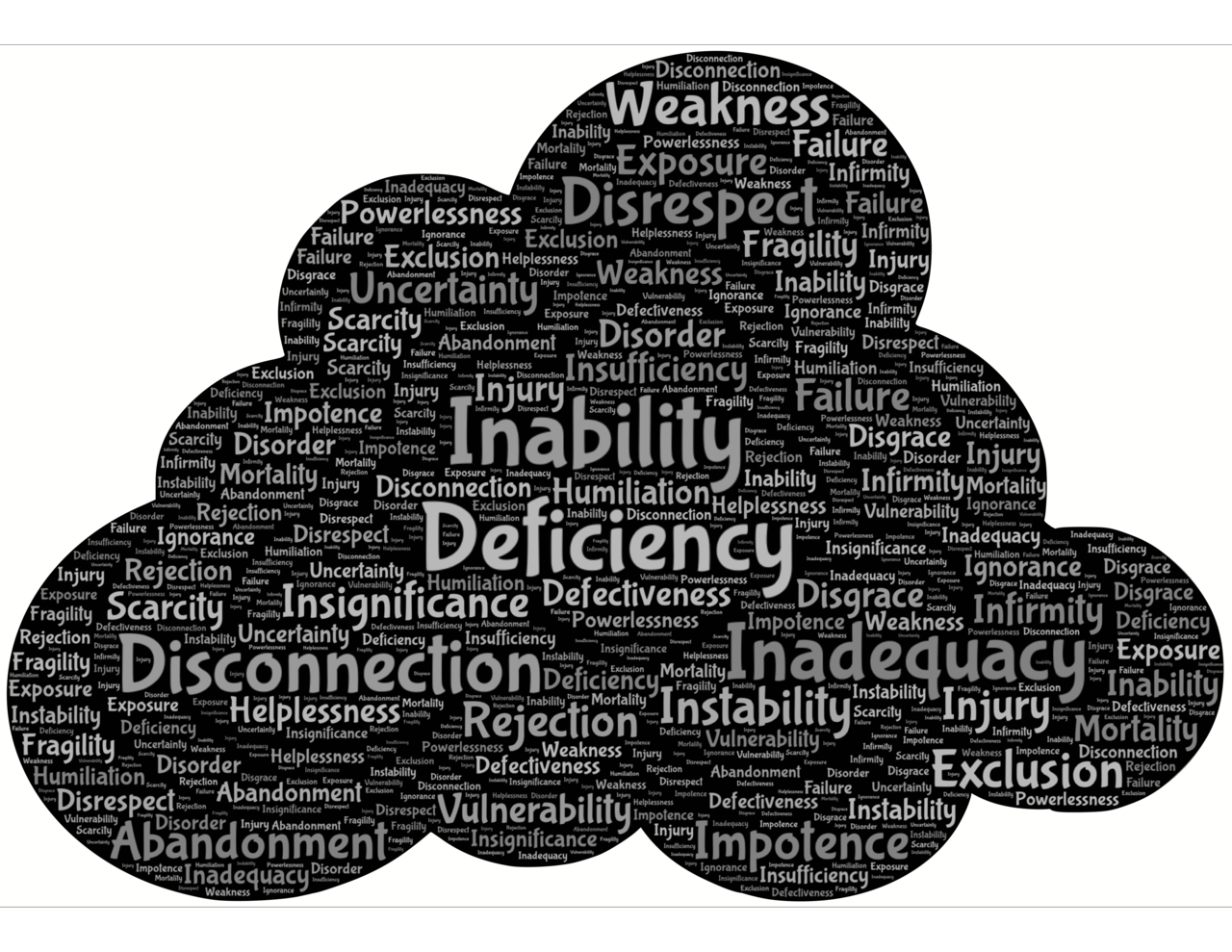Experts warn that recovering from excessive drinking can cause panic attacks if you experience feelings of overwhelm or anxiety.
Dr. Niall Campbell, a UK addiction specialist who works at Priory’s Roehampton Hospital in south-west London, claims that it is extremely prevalent among the patients he sees.
Many people experience feelings of increased anxiety after drinking alcohol.I frequently observe it.Additionally, they might experience their first panic attacks.With a hangover, intense anxiety and agitation are common.As a result, some people may experience recurrent panic attacks or develop a panic disorder.Alcohol has a short half-life during detox, so you may experience increased blood pressure, dehydration, intense anxiety, tremors, and nausea as part of alcohol withdrawal syndrome.
The symptoms of alcohol withdrawal syndrome (AWS) occur when a heavy drinker abruptly stops drinking or significantly reduces their consumption.
“Drinking heavily over a short period of time” or “drinking to get drunk” are the terms used by the NHS to describe binge drinking.The technical definition is more than eight units of alcohol in a single session for men and more than six units in a single session for women. This is about four pints of normal strength beer for men and three pints for women.
It recommends that men and women consume no more than 14 units per week (a small glass of wine contains 1.5 units).A unit is approximately half a pint of regular beer, lager, or cider, or one small shot of spirits (25 milliliters).
According to Dr. Campbell, “sleep deprivation caused by heavy drinking will also make you more anxious.”I see a lot of anxious patients.Some people will try to drink more to “relieve” the bad effects of drinking, which can cause more panic attacks and even seizures.
“If it has reached the point where you are experiencing these symptoms, you need to take stock of your drinking habits and seriously consider why and how much you are drinking, as well as whether you should cut back or give up, especially in the lead up to festive occasions like Christmas.You need to think about ways to stop yourself from drinking a lot in the future.This should absolutely cause you to reevaluate your drinking habits.Addiction is a serious mental health condition, and no one is immune to it, as the Princess of Wales recently stated.

Dr. Campbell continues,People who drink heavily and frequently are finding more opportunities to continue this behavior without having to go into the office or attend meetings in person, which increases the risk of extremely elevated anxiety.Being cut off from work and possibly still living with parents puts a lot of pressure on young adults’ emotional well-being, and we are seeing an increase in depression and anxiety among people over the age of 20, which frequently leads to unhealthy and addictive alcohol behaviors.
It hasn’t been easy for people to suddenly spend a lot of time at home, and it has had a big impact on their relationships.Face-to-face communication is still the best way to communicate.Being with family frequently, especially in a small house with limited outdoor space, is a big adjustment, as is working alone at home, and so-called “wine o’clock” has started earlier and earlier in the afternoon.






